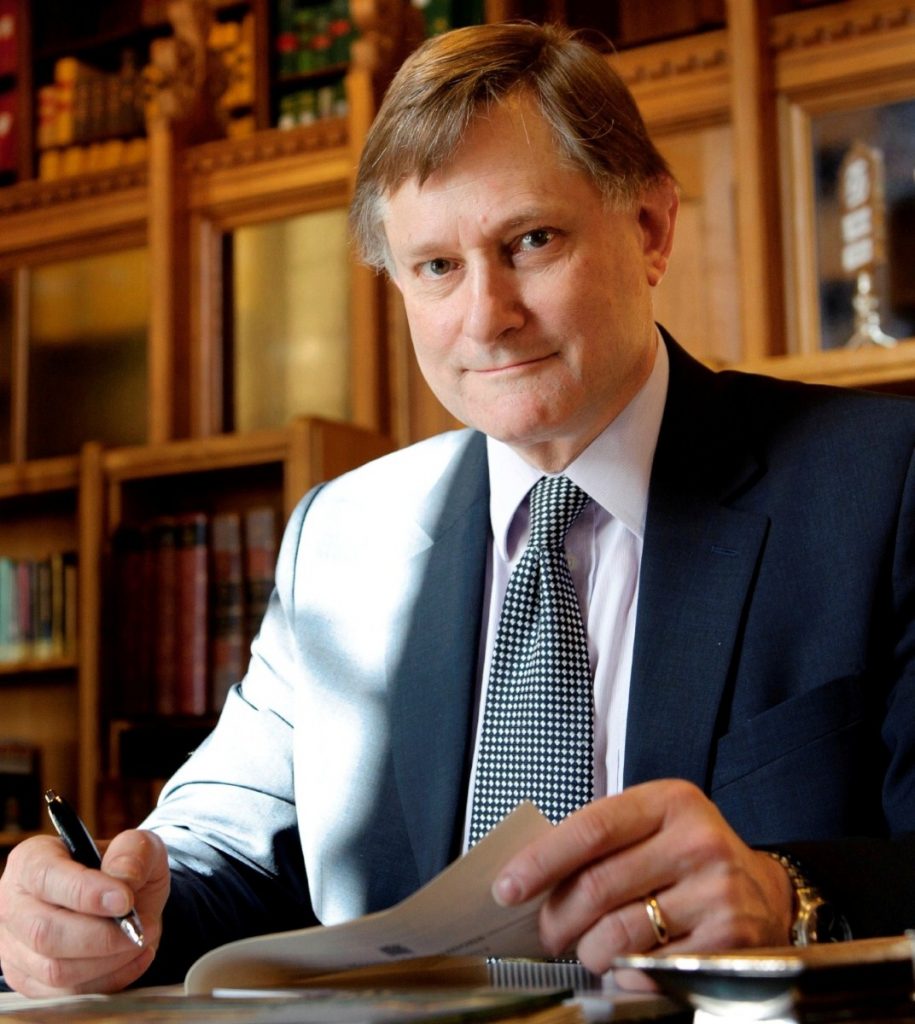Comment: The struggle for Richard III’s body must be laid to rest
By Hugh Bayley
Richard III died in battle on August 22nd 1485, and Henry Tudor became King of England. Richard's body was buried hurriedly by Franciscan Friars and was lost for over five centuries.
His reputation was trashed by a pesky playwright from Stratford-on-Avon, but I suppose Shakespeare needed to curry favour with the Tudor royal court in order to get the licences necessary to stage his plays. That's politics! History is always written by the victor. But people in York stuck up for Richard – a pious man who championed the north of England and often judged civil cases in favour of the common people and against the aristocracy – many of whom turned against him, of course, in the War of the Roses.
In February, following the archaeological excavation, the University of Leicester confirmed that a skeleton found was, beyond reasonable doubt, that of Richard III.


Since then there has been a huge debate over where his remains should be finally laid to rest. Twenty-five thousand three hundred people have signed an e-petition calling for burial in York and 7,800 calling for burial in Leicester. I want the government to set up an independent committee to decide how, where and when the reburial takes place. The burial of a king, a former head of state, is a national matter and should not be delegated to a University in Leicester or, for that matter, in York.
The justice secretary issued a licence to the University of Leicester's archaeological services in September 2012, to excavate the remains of "persons unknown" in the Grey Friars/St Martin's car park in Leicester. But the remains have now been identified as those of King Richard III.
The licence requires the archaeologists from Leicester University to reinter the remains at Leicester cathedral "or in a burial ground in which interments may legally take place", which Jeremy Wright, the minister for justice, confirmed in this week's debate could be elsewhere. For instance, York Minster where King Richard himself made plans to be buried. The Leicester University archaeologists have consulted Leicester cathedral and Leicester city council, and they favour burying the remains in Leicester. It would be possible for the Ministry of Justice to review and, if necessary, amend the terms of the licence as a result of changed circumstances – ie the positive identification of the remains, but the minister proposed instead to convene a meeting between the archaeologists, as the licence holders, and people from York to discuss alternatives. I would like the meeting to go ahead and would approach it with goodwill and an open mind.
Hugh Bayley is the Labour MP for York Central
The opinions in politics.co.uk's Comment and Analysis section are those of the author and are no reflection of the views of the website or its owners.

